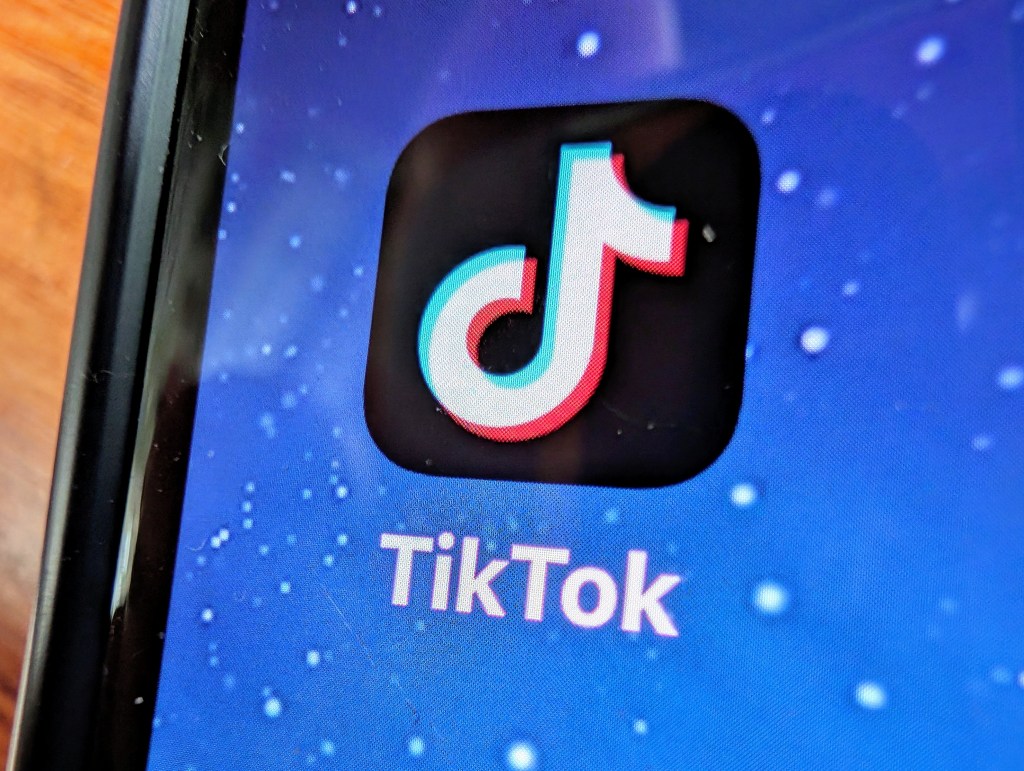Days after clearing the House of Representatives, a $95 billion aid package — including a bill targeting popular social video platform TikTok — flew through a Senate procedural vote on Tuesday, clearing the way for the upper chamber’s final approval of the legislation.
That’s the overwhelming expectation, especially after Senators passed the package by a healthy margin of 80-19. Next, it enters a debate period of up to 30 hours. Majority Leader Chuck Schumer wants to fast-track the process. In advance of the vote, he called on members to approve the measures “as expeditiously as possible.
“Let us not delay this, let us not prolong this, let us not keep our friends around the world waiting for a moment longer,” said the Democratic New York senator.
The thrust of the package deals with supplying foreign aid to beleaguered allies Ukraine, Israel and Taiwan, though it includes the later addition of proposed mandates on TikTok. If the bills pass into laws, the platform would be forced to sever ties with Bytedance, its Chinese parent company, and find new, U.S.-based owners or see its app banned from American app stores.
Businesses that currently rely on TikTok won’t have to change strategies overnight, thanks to the bill’s nine-month timeline. But it looks increasingly likely that they will in the months ahead.
According to Pew Research Center, 63 percent of teens use TikTok, beating all other platforms except YouTube, which dominates with some 90 percent of that audience. As for Gen Z, a recent report from marketing firm Soci found that the app owes its soaring popularity at least in part to this crowd’s tendency to use social media apps as search tools, eclipsing the Google search engine.
Forward-thinking brands should be weighing their options — including leveraging other tools, as well as their own data — otherwise be left scrambling if TikTok disappears.
Because that possibility just took another step toward reality.



